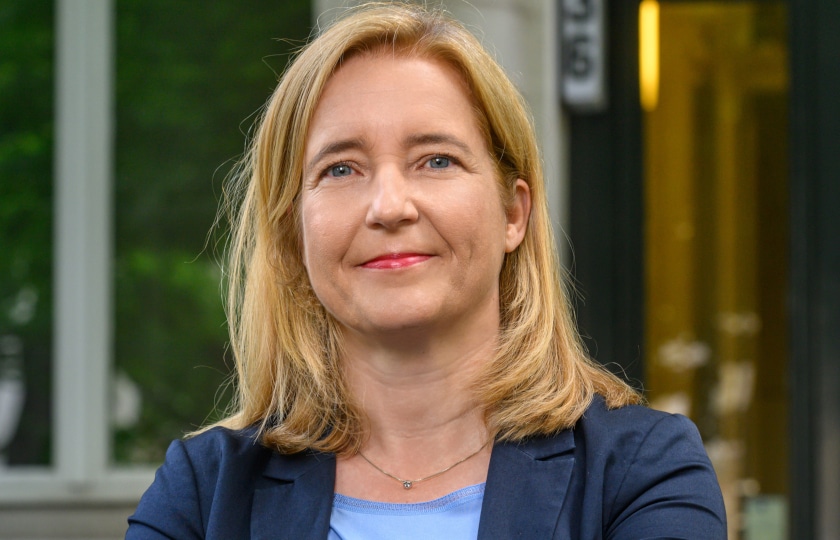How do children and young people in different European countries use the internet, what challenges and risks do they face when using it, and how do they deal with them? The international research network EU Kids Online addresses these questions.
The international research network EU Kids Online has been researching children’s internet use in Europe since 2006. The qualitative and quantitative studies provide an informative basis for media education as well as for recommendations for action at the legal and political level. At the same time, significant developments can be traced in the longitudinal comparison, and research gaps and needs for action can be identified.
EU Kids Online is a dynamic research network that has seen many new countries join in recent years. More than 30 countries are participating in the network. The HBI has been part of the research network from the beginning and coordinated the project from 2014 to 2022. Since 2022, the activities of the research network have been coordinated by Prof. Elisabeth Staksrud (University of Oslo). Claudia Lampert continues to represent the HBI in the management group.
A new survey round for 2025 will build on the last representative survey. The questionnaire has been adapted to consider current developments and topics (including the use of AI applications). The representative survey is accompanied by several (comparative) qualitative studies that address the topic of AI, democratic engagement and the rights of children, as well as the online use of children with disabilities.
Reports
Staksrud, E., Mascheroni, G., Milosevic, T., Ní Bhroin, N., Ólafsson, K., Şengül-İnal, G., & Stoilova, M. (2026). European Children’s Use and Understanding of Generative AI. EU Kids Online 2026. https://doi.org/10.21953/researchonline.lse.ac.uk.00137132
Thiel, K., Lampert, C., & Memis, E. (2026). Generative KI aus Sicht von Jugendlichen. Eine qualitative Studie im Rahmen des Projekts „EU Kids Online“ [Generative AI from the Perspective of Young People. A Qualitative Study as Part of the EU Kids Online Project]. Hamburg: Verlag Hans-Bredow-Institut, February 2026. https://doi.org/10.21241/ssoar.108066
Hasebrink, U.; Lampert, C.; Thiel, K. (2020): Digitale Teilhabe von Kindern und Jugendlichen. Ergebnisse der EU Kids Online-Befragung in Deutschland 2019 [Digital Participation of Children and Young People. Findings from the EU Kids Online Survey in Germany 2019]. Hamburg: Verlag Hans-Bredow-Institut. Study available for download (pdf)
Smahel, D.; Machackova, H.; Masceroni, G. et al. (2020): EU Kids Online 2020. Survey Results from 19 Countries. Report available for download (pdf)
Hasebrink, U.; Lampert, C.; Thiel, K. (2019): Online-Erfahrungen von 9- bis 17-Jährigen. Ergebnisse der EU Kids Online-Befragung in Deutschland 2019 [Online Experiences of 9- to 17-Year-Olds. Findings from the EU Kids Online Survey in Germany 2019]. 2nd revised edition. Hamburg: Verlag Hans-Bredow-Institut. Reports available for download (pdf)













